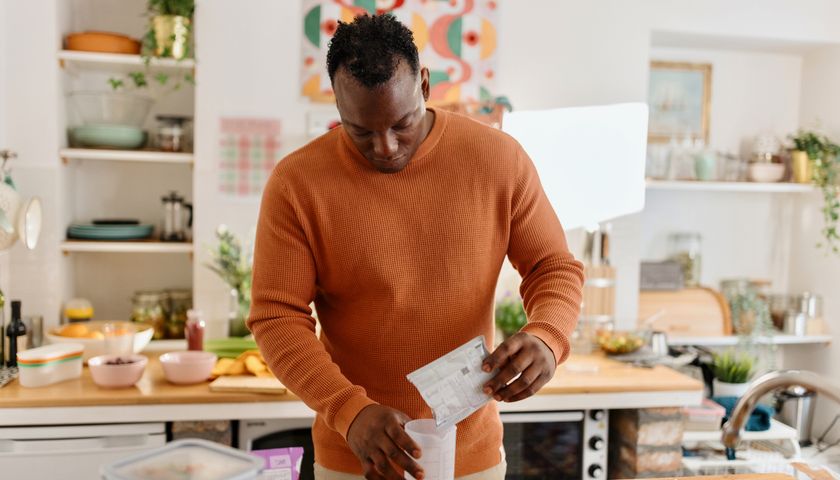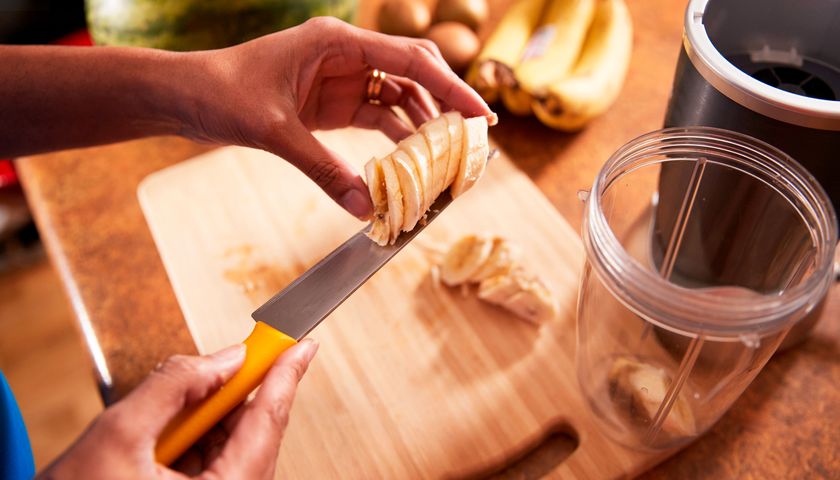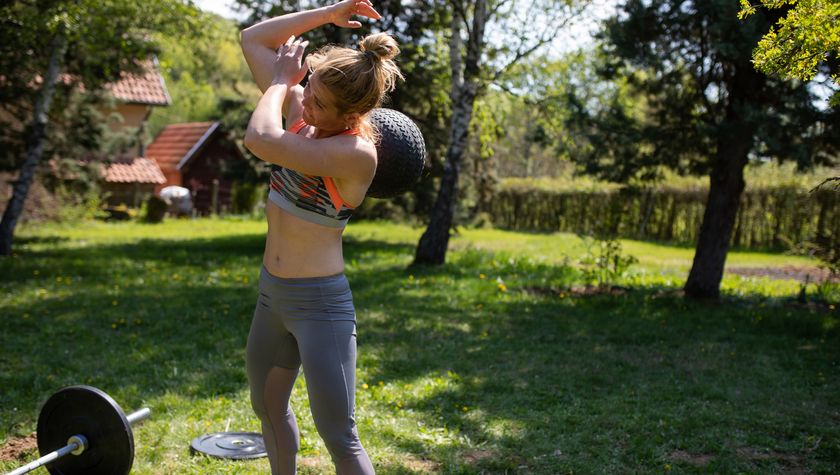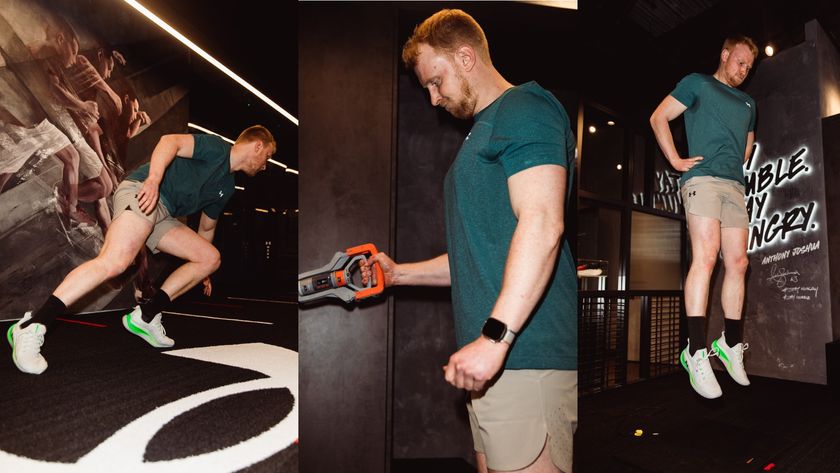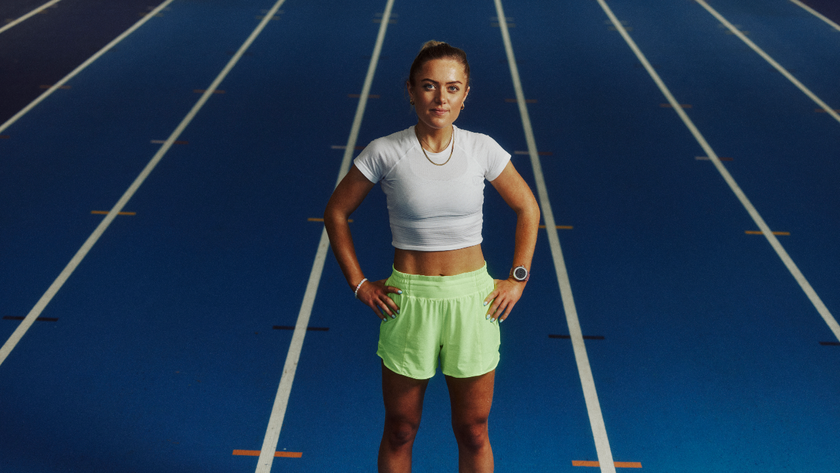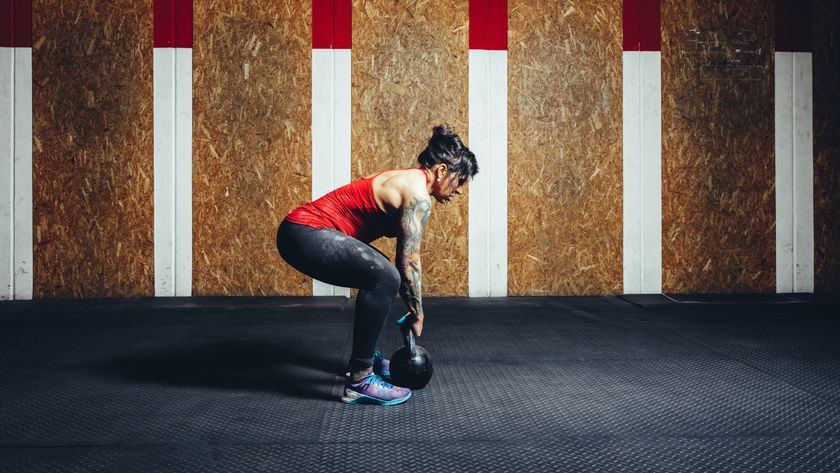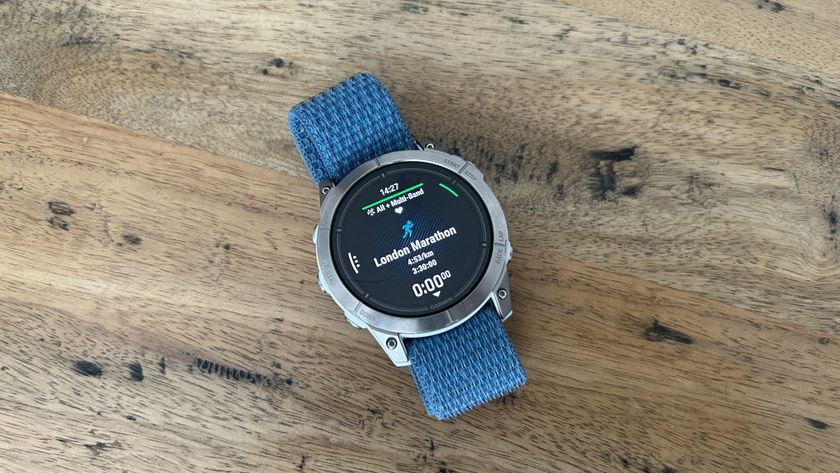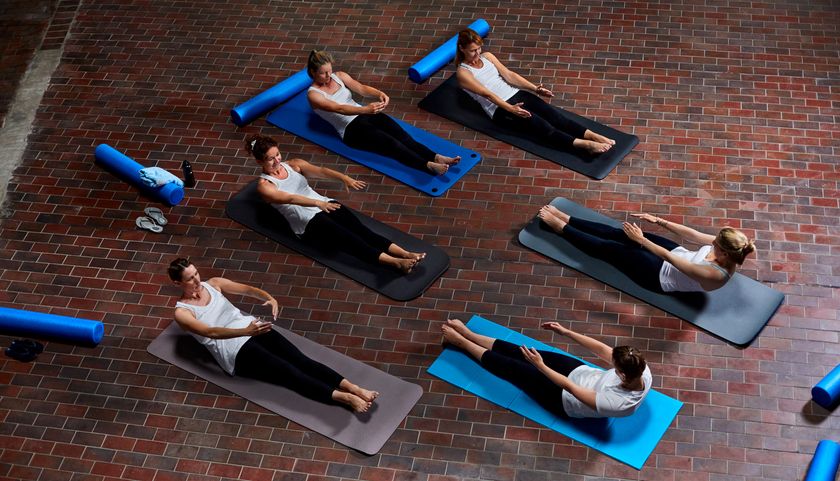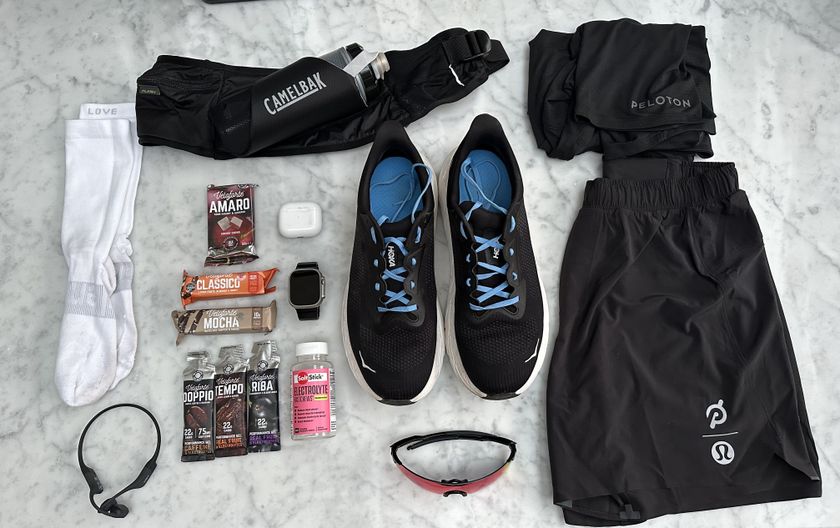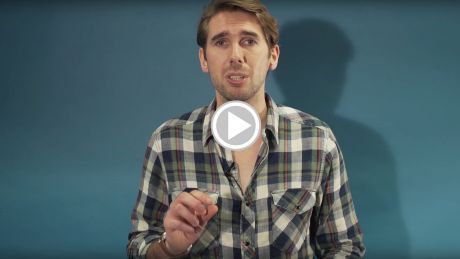
Whether you’re not a morning person, or find yourself nodding off after lunch when you should be working, you may well turn to coffee for a pick-me-up. But are you necking too much caffeine? And what are the consequences if you are? Dr Nick Knight explains what it does to our bodies and how to tell if you’re drinking too much coffee.
Dr Nick Knight is a hospital doctor in London, with a degree in exercise and sports sciences and a PhD in human performance. Dr Knight has trained a four-man crew to row 5,000km across the Indian Ocean and has carried out medical research at Mount Everest Base Camp.
“Caffeine works mainly by blocking a chemical in the brain called adenosine,” says Knight. “And by blocking it, we can stay more stimulated.”
So how much is too much? “The recommendations say that we shouldn’t have more than 400 milligrams of caffeine a day,” says Knight. That’s about three double shot espresso-based coffees or brewed coffees (see our handy guide, below). It’s wise to consider other sources of caffeine you might be consuming as well, with caffeine often found in both pre-workout supplements and some energy gels.
What happens when you have too much? “It’s all on a spectrum,” says Knight, “but you might get palpitations, you might be less focused, or you might feel breathless. That’s the short-term effect. If you have huge doses of caffeine, for example, 400 to 500mg in one go, then you might start to see more alarming symptoms, that’s called caffeine toxicity. Just try and limit your caffeine intake to the recommended levels. And if you find that you’re needing more and more, try and taper down your consumption.”
How Much Caffeine Is In My Coffee?
There are many variables, from the roast to the grind to how long the coffee is brewed for, but below is a rough guide to how much caffeine there is in various types of coffee drinks.
- A single espresso shot contains about 60-70mg of caffeine
- A mug of brewed coffee contains 90-120mg
- A mug of instant coffee contains around 90mg
- A double shot latte, flat white or cappuccino contains around 125-170mg
Knight has dispensed concise advice on all kinds of medical topics you may be wondering about. Struggling to nod off at night? His top sleep tips will help you get the best possible night’s sleep, so you don’t have to rely on the coffee to keep you awake at your desk. Knight has also explained the difference between a strain and a sprain and enlightened us on how to stop snoring.
Get the Coach Newsletter
Sign up for workout ideas, training advice, reviews of the latest gear and more.
Sam Razvi wrote for Men’s Fitness UK (which predated and then shared a website with Coach) between 2011 and 2016.
